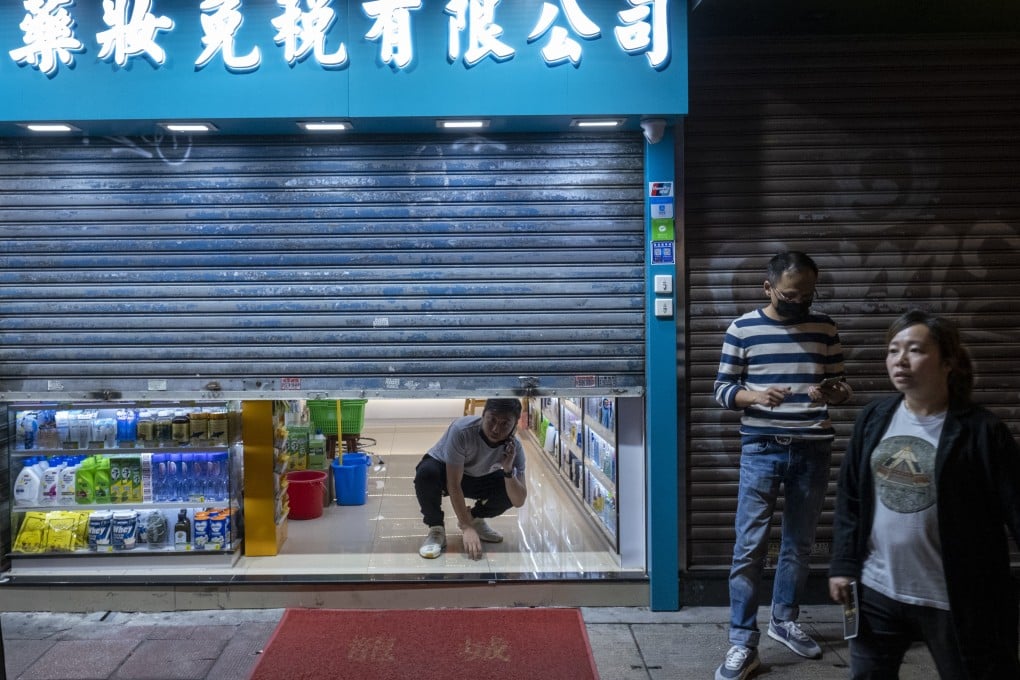Opinion | Continuing unrest makes Hong Kong’s poor poorer and helps no one
- The absolute number of people in poverty grew in 2018, even though the economy made gains then. The impact of the protests will surely be felt in new poverty figures, as more people lose their jobs

The latest Hong Kong Poverty Situation report reveals that the city’s poverty rate went up slightly, from 20.1 per cent in 2017 to 20.4 per cent in 2018. The number of people in poverty increased by 29,800 from 1.377 million to 1.406 million, before government intervention.
In our analysis of the situation between 2017 and 2018, we found a slight improvement in the poverty rate after government intervention. But the overall picture has become more worrying, because the number of poor in society is attributable to overall population growth, the size of the aged population, and the number of single-parent households.

These three factors will continue to shape the trajectory of poverty in Hong Kong, and they are somewhat beyond the control of the government (although it could tweak the population growth rate by adjusting the daily quota on one-way permit holders entering Hong Kong).
Meanwhile, it seems there is a group of people who are structurally poor and benefit little from government intervention. Older adults have a higher poverty rate than the general population (30.9 per cent); so do single-parent households (35 per cent).
The rising number of single-parent households in poverty, even after government intervention, deserves special attention, as it will have a spillover effect on the children, who might be more vulnerable to the risk of intergenerational poverty. For older adults, however, the situation may not be as bad as it seems, as many are retirees on a low-income, but who own assets of a certain value.
